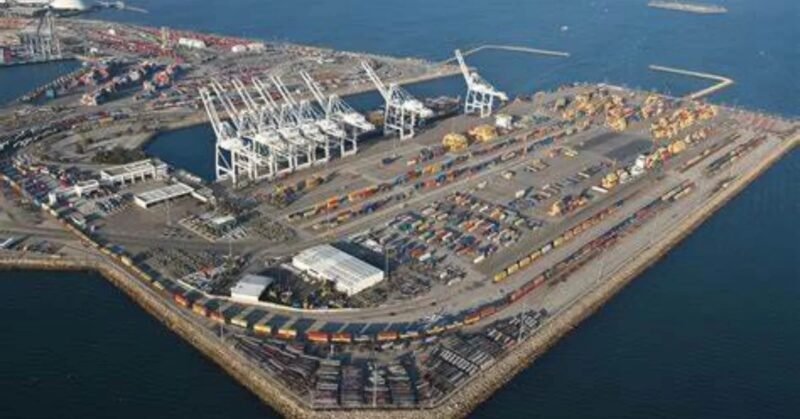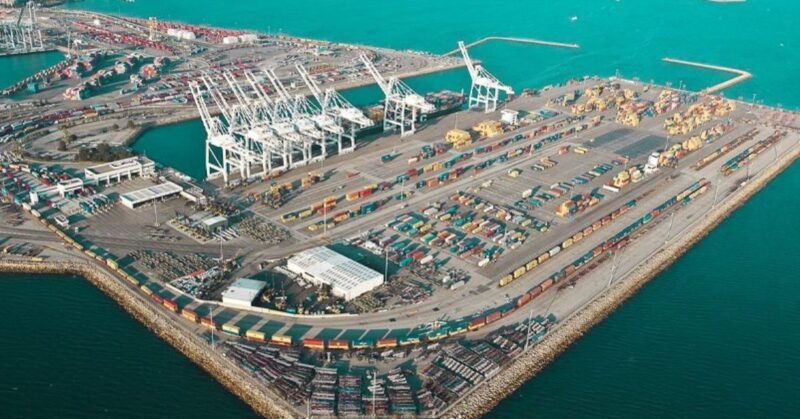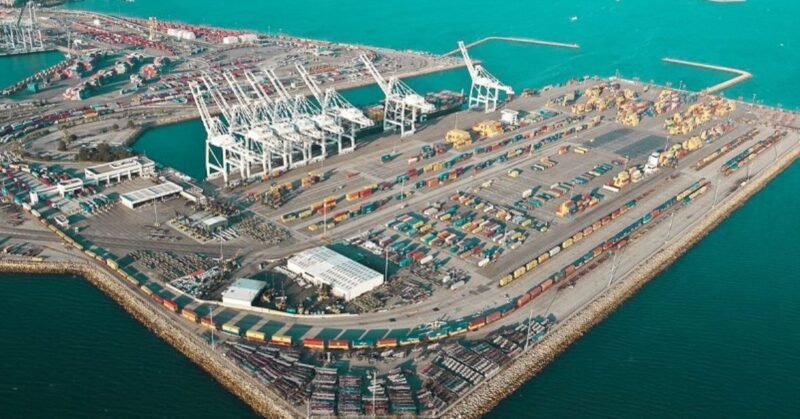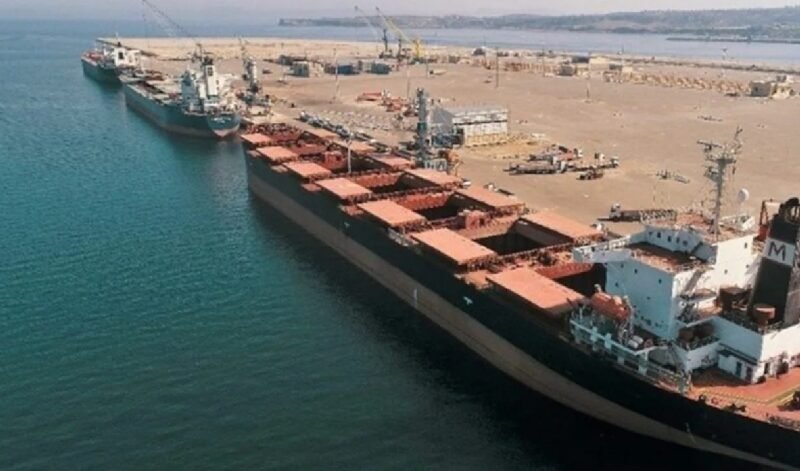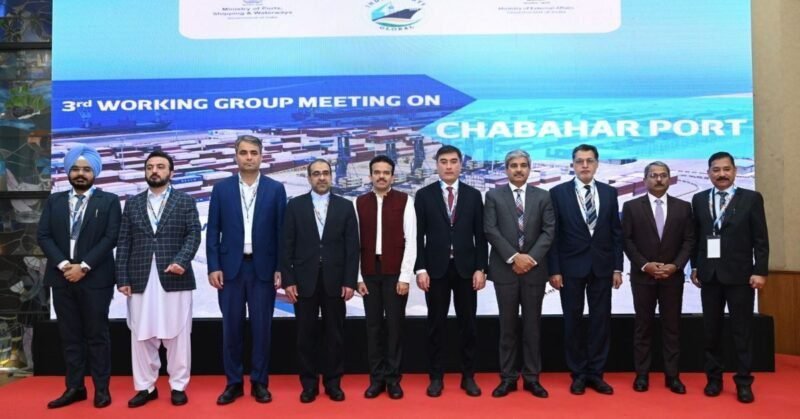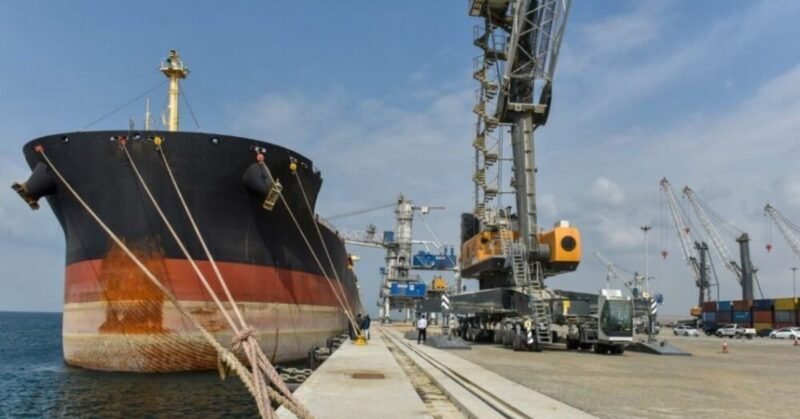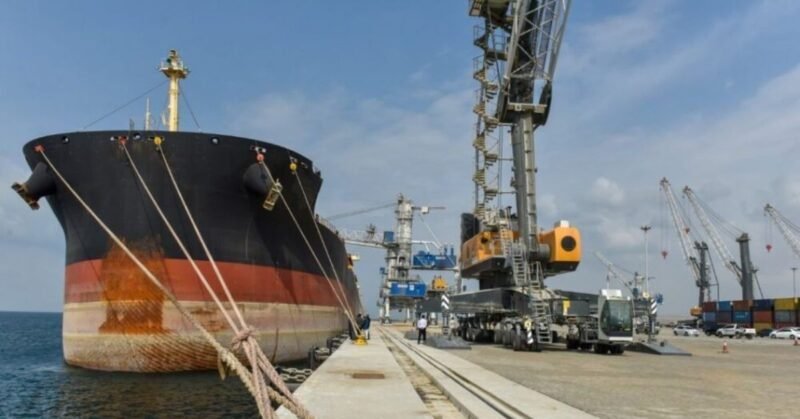India’s efforts to enhance its presence at Iran’s Chabahar Port have been destabilized by the abrupt resignation of all government-appointed directors from the board of India Ports Global Ltd (IPGL), the state-run entity overseeing the project. This resignation follows the reintroduction of US sanctions, compelling New Delhi to reevaluate its involvement in this crucial and politically sensitive initiative.
On September 28, a day before the sanctions were enforced, IPGL’s board convened, leading to the resignation of its government-nominated members, who expressed concern about personal repercussions from potential punitive measures. The US sanctions, effective September 29, allow Indian entities a 30-day window to withdraw from Chabahar or risk asset freezes. The US Treasury has provided a temporary relief letter, but New Delhi must submit a compliance plan by October 22.
India’s deep financial commitment, exemplified by a $120 million agreement with Iran signed in March 2024, complicates the situation. The contract lacks clauses for automatic withdrawal due to sanctions, meaning termination could result in compensation claims from Iran. As deadlines loom, Indian officials face a tough decision: exit the project and accept penalties, negotiate with Tehran for a temporary pause, or defy the sanctions, potentially jeopardizing access to international banking systems. The directors’ resignations highlight the precarious position of what was once viewed as a cornerstone of India’s regional connectivity strategy.


